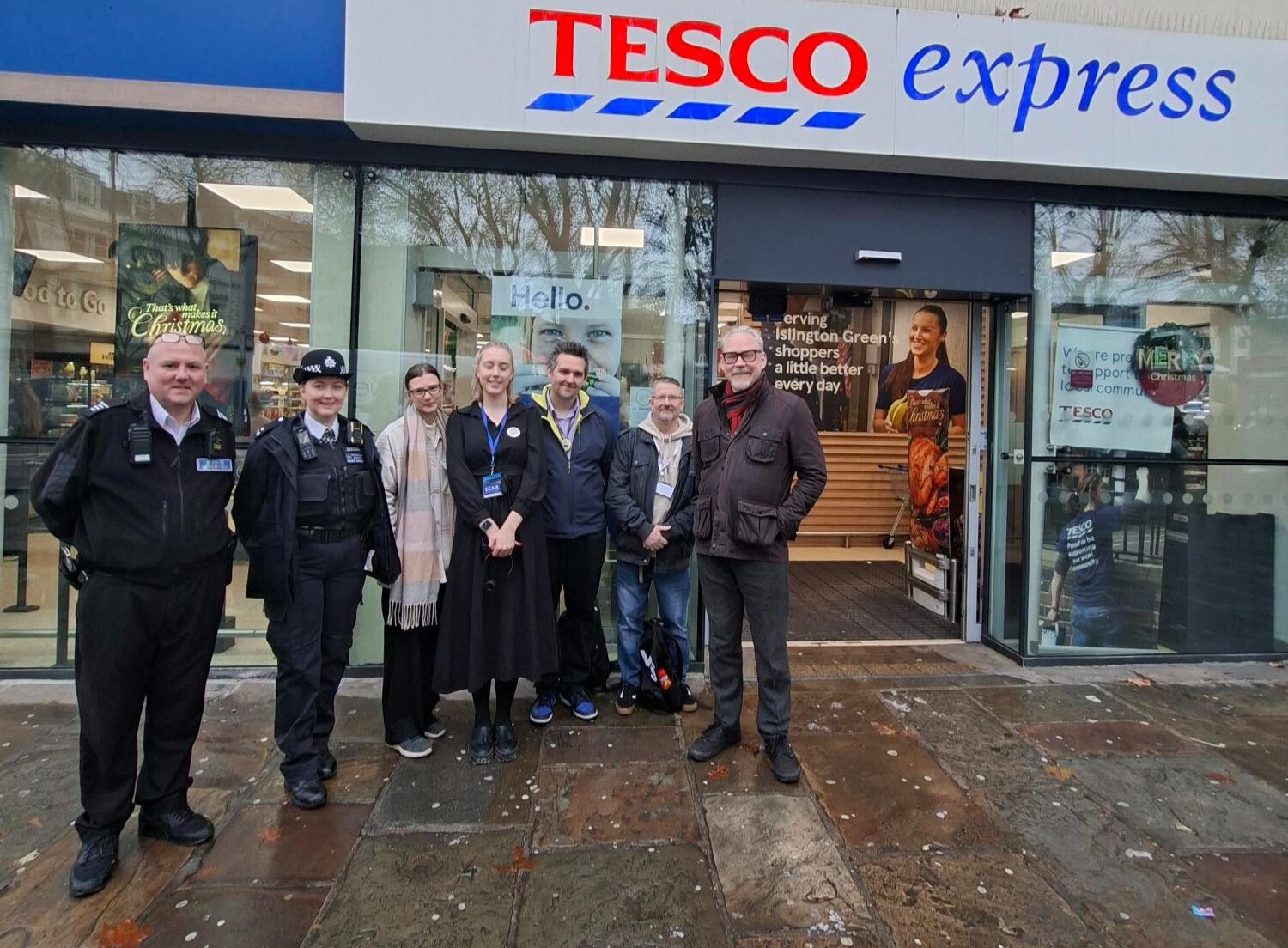
December business crime prevention update
What’s going on in the neighbourhood? Browse here for the latest news from the BID and your community.

December business crime prevention update
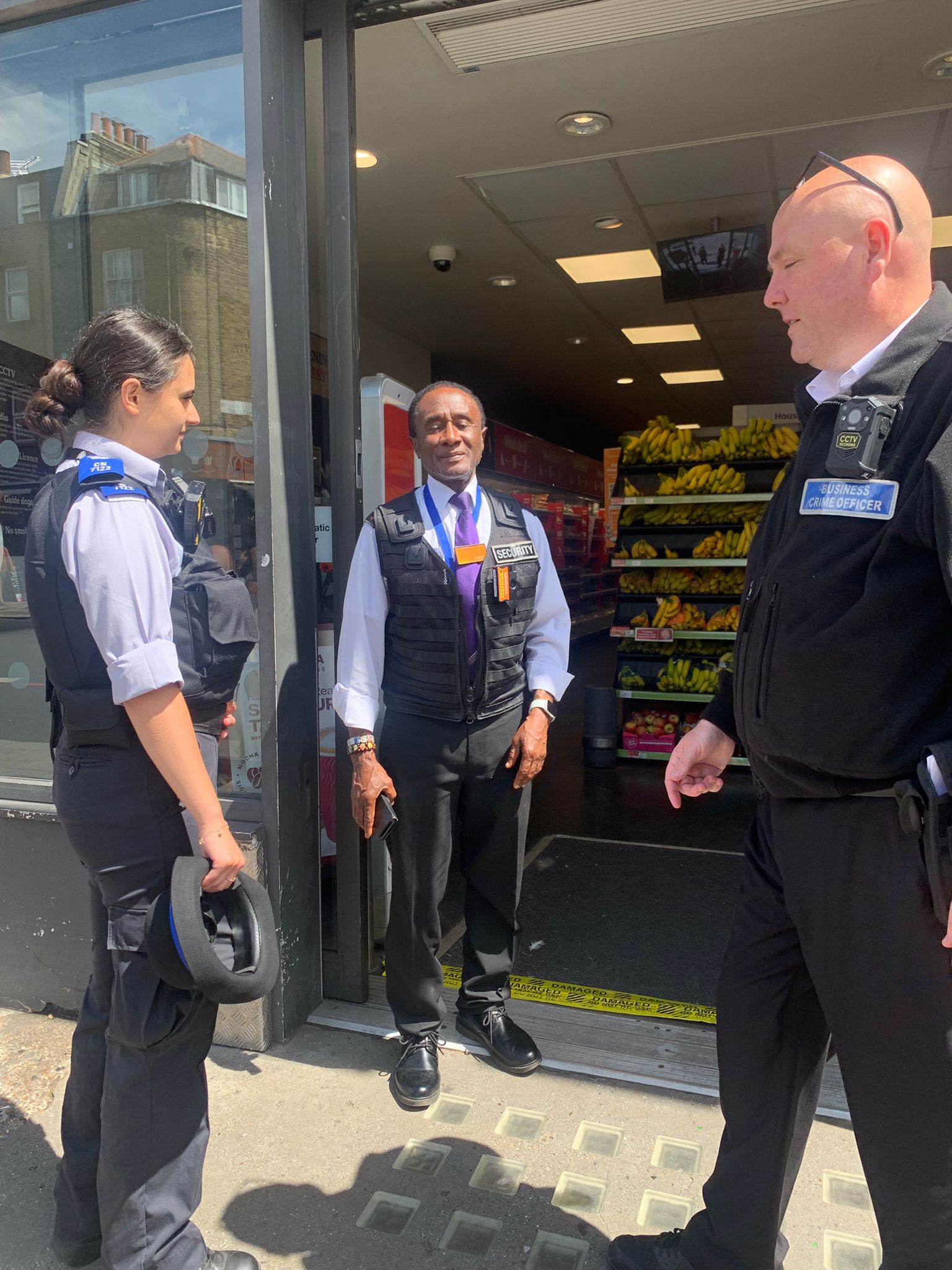
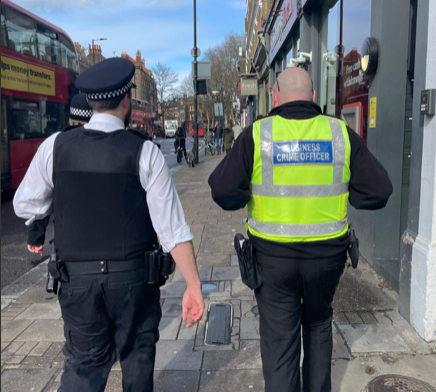
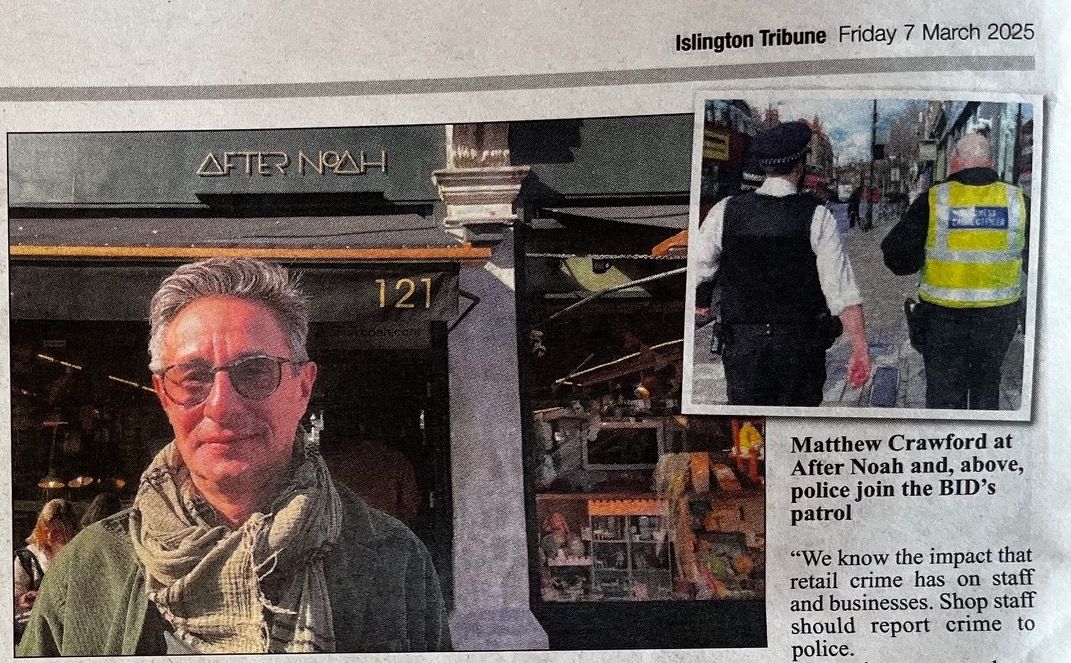



Roundtable held on BID's 'Human Cost of Retail Crime' campaign

Gather for Angel Pubwatch Social
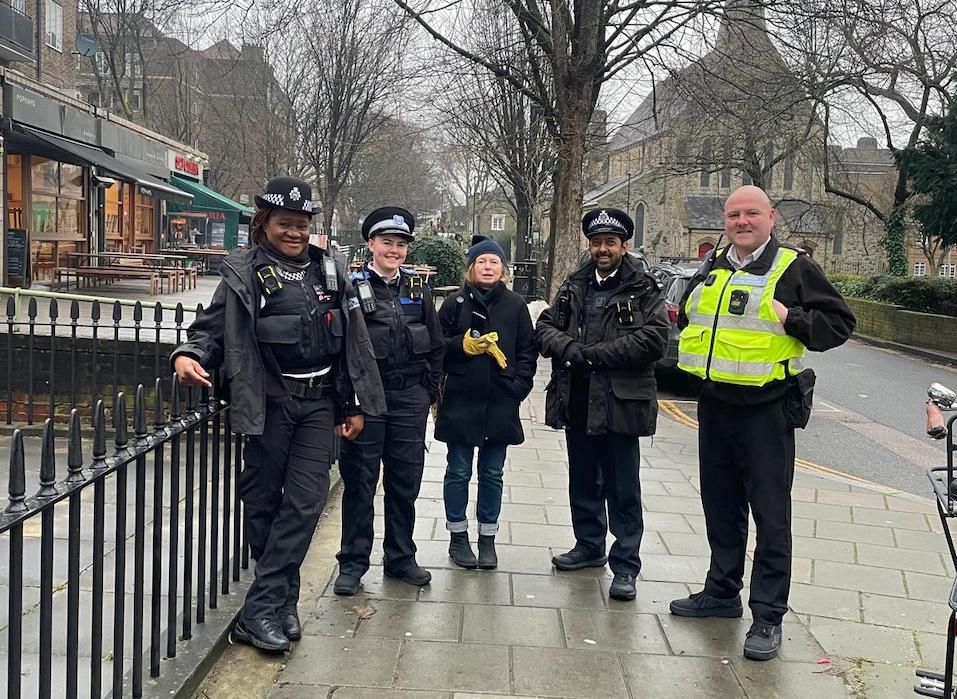
February business crime prevention update

Members and stakeholders to gather for anti-shoplifting forum

January business crime prevention update

BID launches campaign for greater focus on tackling shoplifting

December business crime prevention update
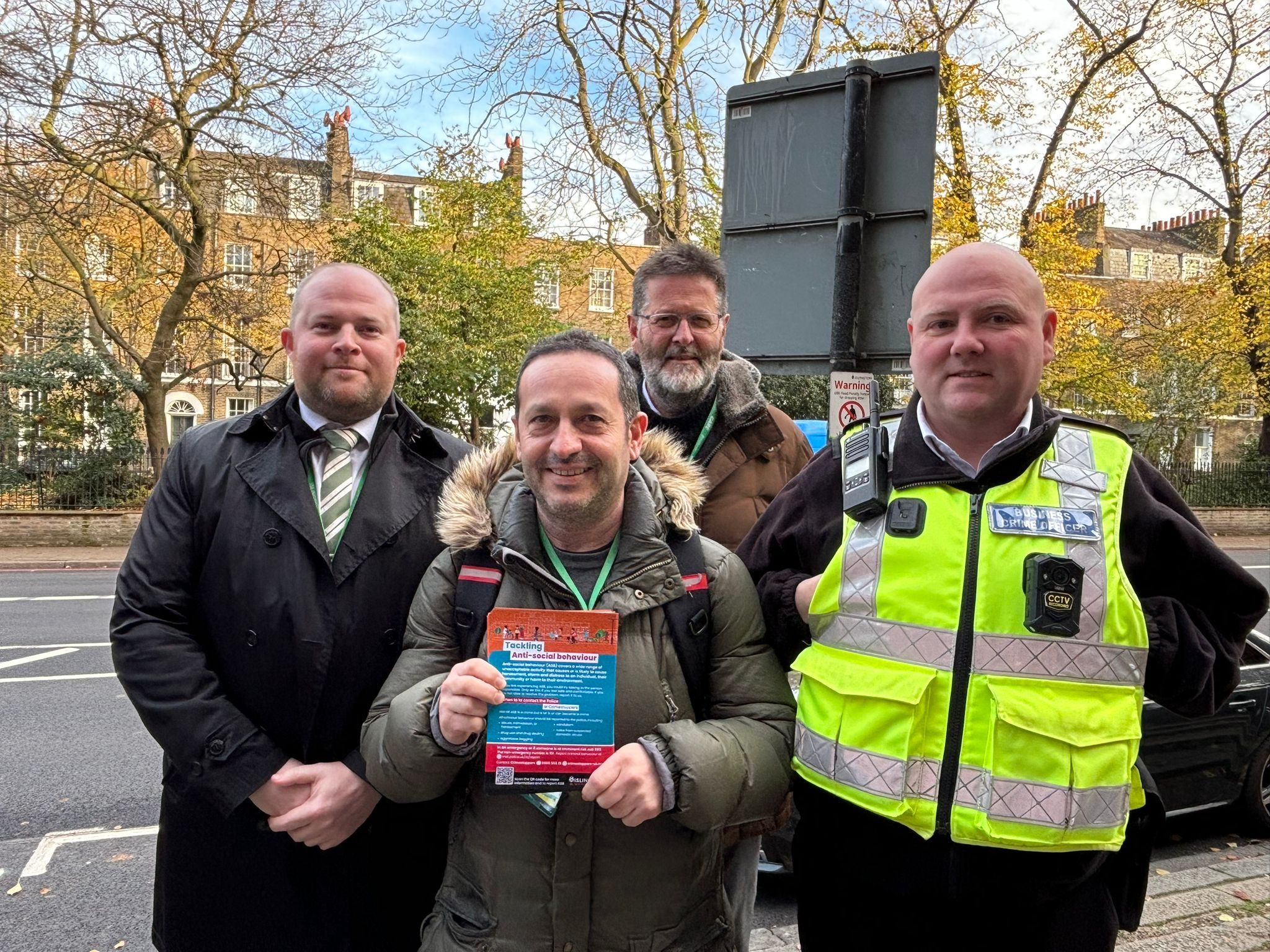
On the beat for ASB Awareness Week
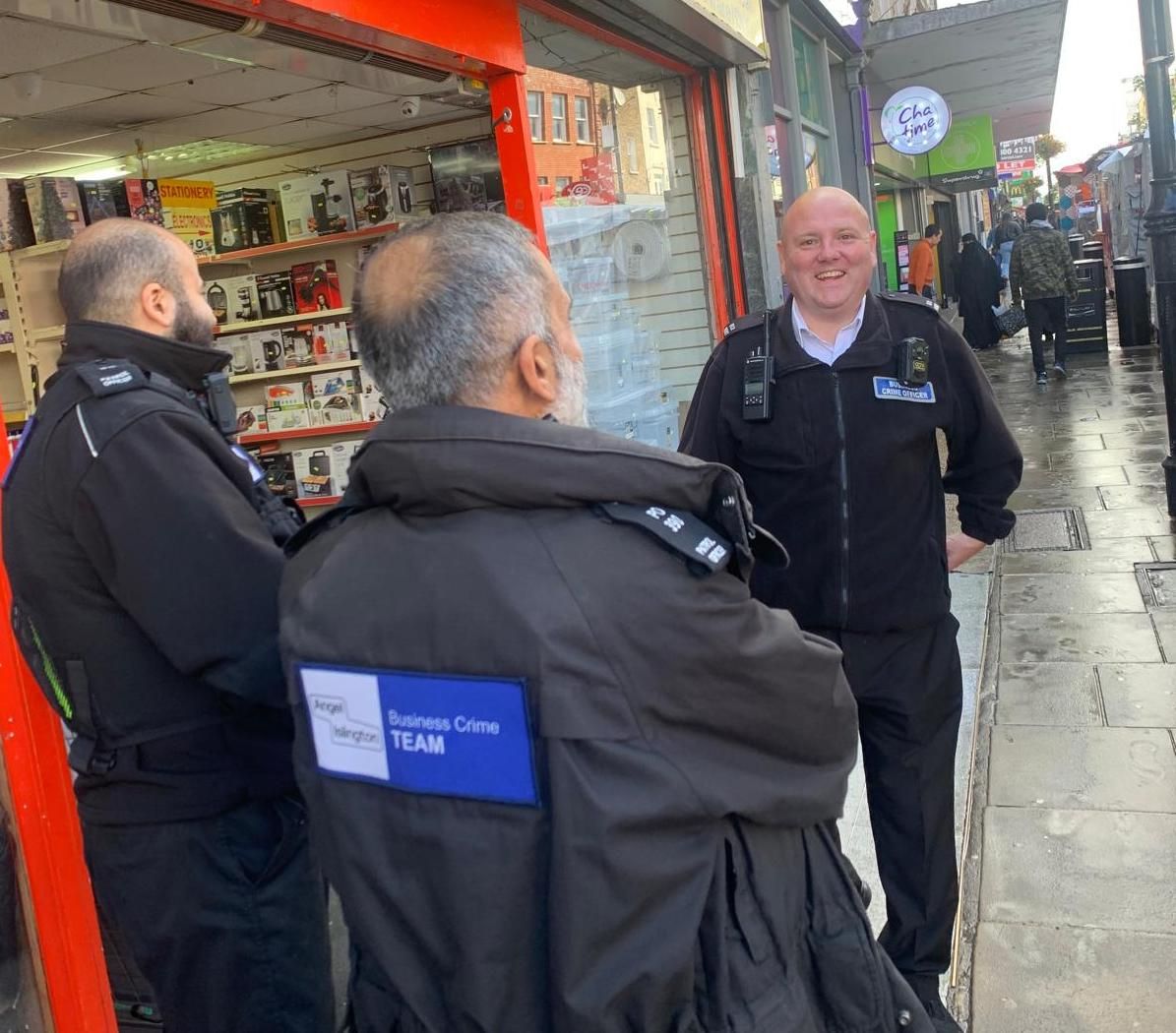
Tips for a crime-free Christmas
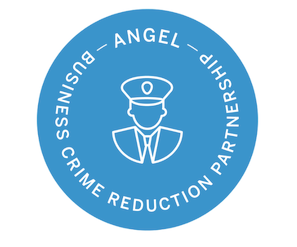
Business Crime Prevention update - November

Sign up for free Bank of England scheme

Business Crime Prevention update - October


Business Crime Prevention update - September

Read Q&A on Parkguard service

Parkguard patrol joining the BID

Complete new business crime reduction survey

Local patrols stepped up after national disorder
Stay up-to-date with the latest events, openings and offers in the Angel as well as news from the Business Improvement District.